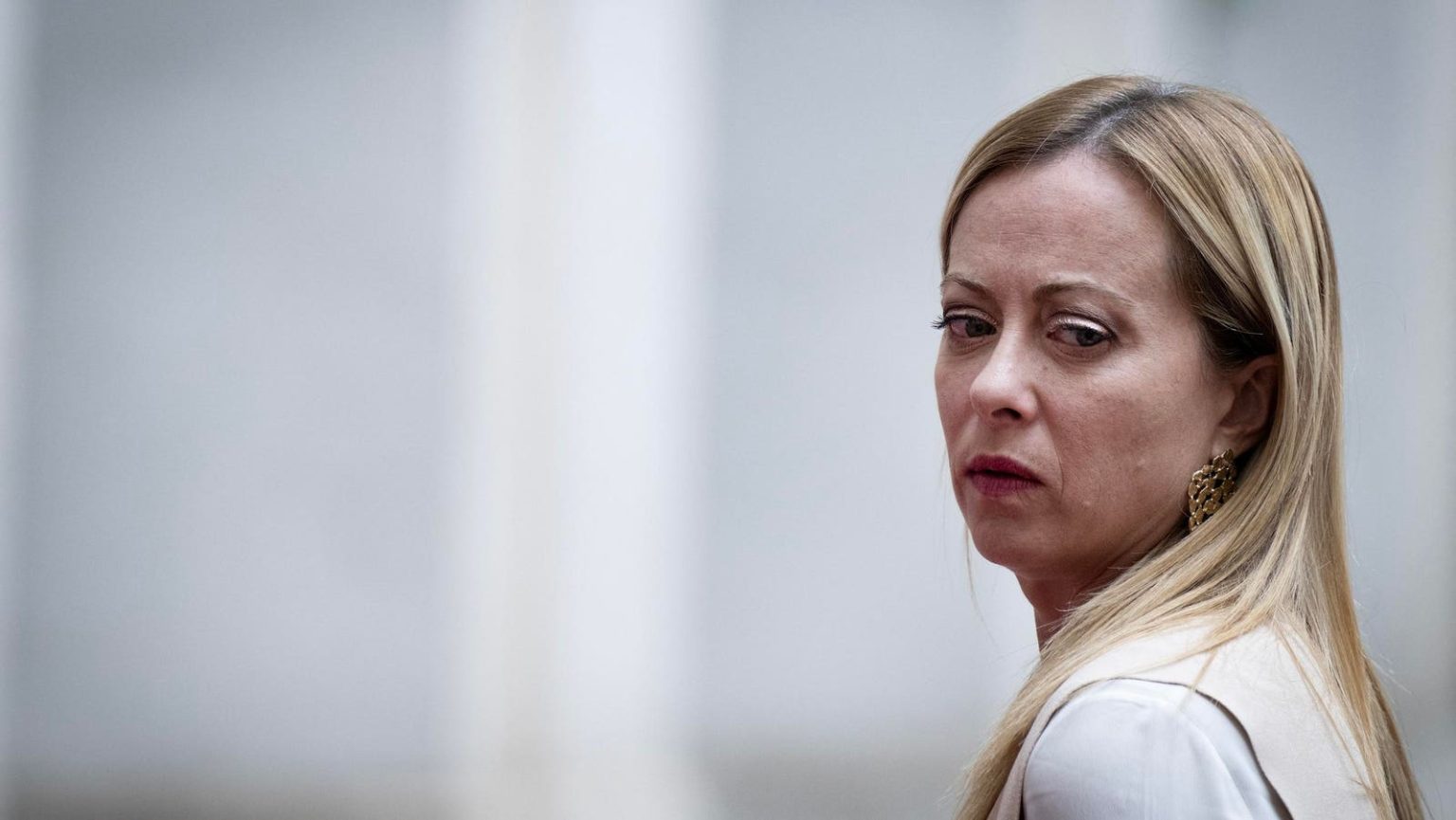The prime minister of Italy is seeking more than $100,000 in damages in a defamation case against two men accused of creating deepfake pornography videos featuring her and circulating them online. The videos, which were viewed millions of times on a US-based porn website, involved placing Meloni’s face on someone else’s body. Meloni will testify in the defamation case this summer, and her lawyer stated that the damages being sought are symbolic and will be used to support female victims of abuse if she wins the case.
The term “deepfake” originated in 2017 and refers to realistic but fake videos, images, or audio clips that place people in situations they’ve never been in. Deepfakes have become increasingly prevalent, with both celebrities and everyday citizens falling victim to deepfake pornography. Some American states have created laws to address this issue, but few countries have regulations surrounding the creation of deepfakes. As artificial intelligence tools make it easier to produce such content, countries around the world are struggling to hold its creators accountable for crimes like cyberbullying, stock manipulation, and identity theft.
According to the Guardian, 96% of deepfake material online is pornographic. Celebrities such as Emma Watson, Scarlett Johansson, Kristen Bell, Natalie Portman, Gal Gadot, Michelle Obama, Kate Middleton, and Taylor Swift have all had their images superimposed into pornography and circulated online. Hollywood actors like Tom Hanks and Jennifer Aniston have also had their likenesses stolen and used online for various purposes, including fake advertisements.
The lack of federal laws on deepfakes gives little recourse to victims, leading to challenges in addressing this issue. Deepfake pornography has become a widespread problem, with one of the most prominent websites for such content averaging about 14 million hits a month as of last October. Countries are struggling to regulate the creation of deepfakes and hold their creators accountable, as digital forgeries continue to pose risks for individuals and society as a whole.
While deepfake technology has advanced, regulations and laws surrounding its creation and distribution have been slow to catch up. As countries around the world grapple with the challenges posed by deepfakes, victims of deepfake pornography continue to face difficulties in seeking justice and protection. The case of the Italian prime minister seeking damages in a defamation case against the creators of deepfake pornography highlights the need for stronger measures to hold those responsible for creating and disseminating harmful deepfake content accountable for their actions.


